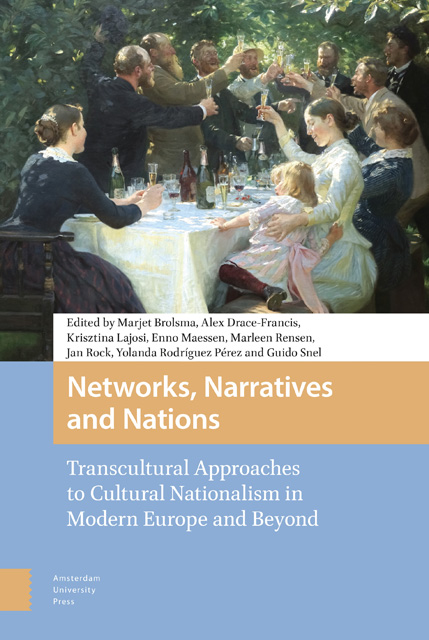 Networks, Narratives and Nations
Networks, Narratives and Nations Book contents
20 - Reconstituting the European Historical Novel in Latin America : Mario Vargas Llosa in the Backlands of Brazil
Published online by Cambridge University Press: 16 November 2022
Summary
Abstract
This essay considers the historical novel as inherently and not contingently a “translational” genre, from its origins in nineteenth-century Europe to its recent resurgence in the postcolonial world. It takes as exemplary its transposition into Latin America and Vargas Llosa's recalibration of the form in War of the End of the World.
Keywords historical novel; cultural translation; translational modes; Latin America; Vargas Llosa
In 1972 Ruy Guerra, Portuguese-Brazilian film director, recruited Mario Vargas Llosa, Peruvian novelist, to write the script for a film about an uprising in the remote backlands of Brazil in the late nineteenth century which escalated into a major national conflict known as the Canudos War (1896–97). The film itself was to be based on the vivid account of the war by an eyewitness, Euclides da Cunha's Os sertões (The Backlands, 1902), firmly enshrined as a foundational text in Brazil's national canon. Although the film project fell through, Vargas Llosa's fascination with the story of Canudos, sparked by da Cunha's “extraordinary book,” only intensified. Less than a decade later, the projected cinematic script had metamorphosed into La guerra del fin del mundo (1981, translated in 1984 as The War of the End of the World) an almost 600-page historical novel on the grand scale of nineteenth-century European realist fictions. A striking departure from his earlier experimental modernist fictions of contemporary Peruvian life, this was Vargas Llosa's most ambitious project and the most difficult to realize: how to write about an event that took place in another time as well as in a country with whose language he was unfamiliar?
In response, Vargas Llosa performed a double act of translation. He created a language he describes as “not entirely Spanish in spite of being Spanish” by incorporating words from Brazilian Portuguese (Luso-Brazilian), and he used this language not just in dialogue but in description in order to generate the entire world of the novel. He also created the sense of historical distance by writing some episodes in the manner of nineteenth-century novels and alternating these with episodes written in a modern manner, so as to position readers in the temporal space between past and present definitive of historical narrative as a whole.
- Type
- Chapter
- Information
- Networks, Narratives and NationsTranscultural Approaches to Cultural Nationalism in Modern Europe and Beyond, pp. 255 - 262Publisher: Amsterdam University PressPrint publication year: 2022


